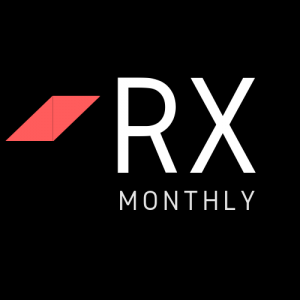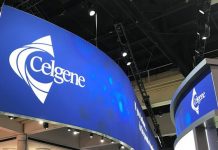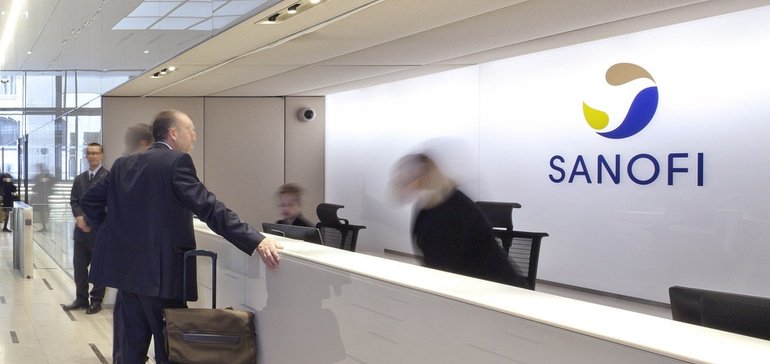Denali started 2018 with one research agreement with Takeda and is now ending the year with another big pharma collaboration.
The Takeda deal, announced in January, paid $150 million to Denali in cash and equity, giving Takeda access to three programs targeting neurodegenerative diseases.
Now, in this deal with Sanofi, the French pharma adds to its pipeline two small molecule candidates called DNL747 and DNL758, both RIPK1 inhibitors.
DNL747 will focus on neurological diseases, as it penetrates the blood brain barrier unlike DNL758. The companies said they will focus clinical testing on multiple sclerosis, Alzheimer’s disease and amyotrophic lateral sclerosis (ALS).
Sanofi will bankroll Phase 1b and 2 testing for MS, ALS and any other neurological indications, while Denali will fund Alzheimer’s Phase 1 testing.
DNL758 is expected to begin clinical trials next year in rheumatoid arthritis and psoriasis
For both drug candidates, Sanofi and Denali agreed to a 70-30 split on Phase 3 trial costs.
Milestone payments are divided between $600 million for clinical and regulatory achievements in central nervous system products and $495 million for clinical, regulatory and commercial goals for other targets like inflammatory diseases, according to a Denali filing with the Securities and Exchange Commission.
Additionally, Sanofi will pay royalties on sales outside of the U.S. and China for DNL747 and worldwide for DNL758. The two companies will split commercial profits and losses equally in American and Chinese markets for DNL747, the companies stated.
Denali’s theory is that inhibiting RIPK1 kinase activity will block the production of pro-inflammatory substances secreted by cells and inflammatory cell death, according to a recent company presentation.
However, Denali isn’t the only company in the space. GlaxoSmithKline has a receptor-interacting protein-1 kinase inhibitor called GSK2982772 undergoing Phase 2 testing in rheumatoid arthritis, psoriasis and ulcerative colitis.
Phase 1b trials will begin for DNL747 in Alzheimer’s and ALS later this year or in early 2019.








